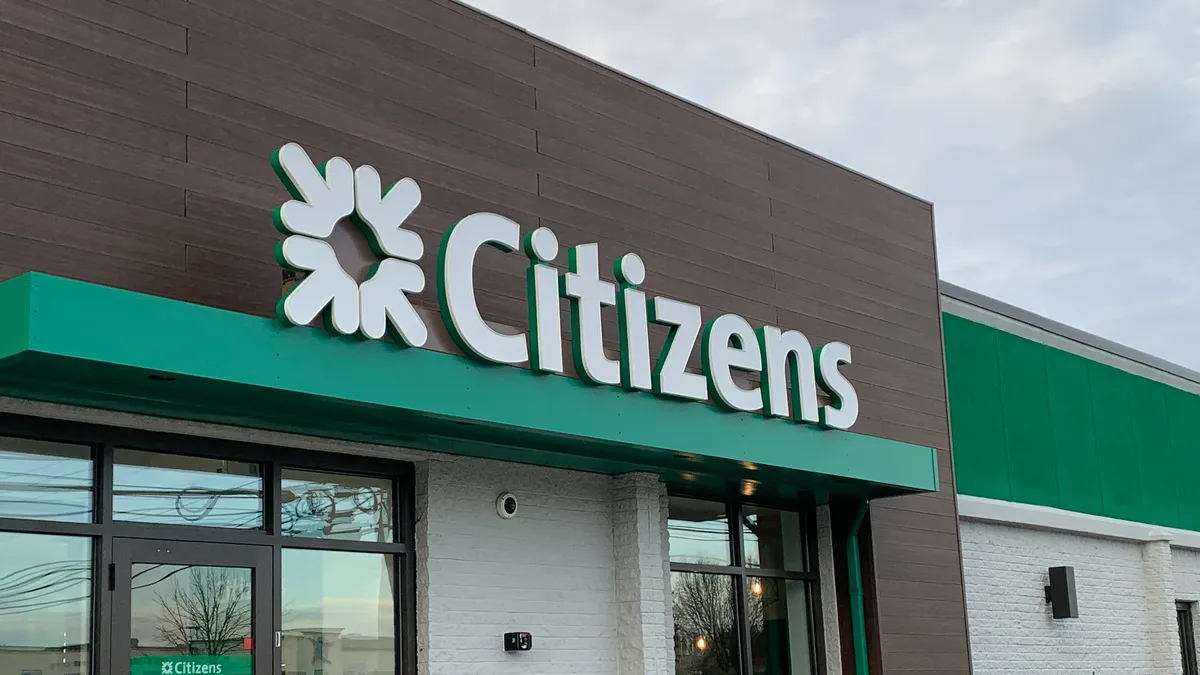Citizens Bank will adopt a companywide noncompetitive reassignment policy as part of a settlement agreement resolving a disability discrimination lawsuit, according to a Nov. 22 announcement.
It also will pay $100,000 to resolve the claim, which alleged the bank refused to reassign a customer service representative with anxiety, in violation of the Americans with Disabilities Act.
An alleged failure to accommodate
The plaintiff, who worked in a Rhode Island call center, answered escalated customer phone calls, according to the complaint. When he developed anxiety, he took a leave of absence. At his healthcare provider’s direction, he requested reassignment to a position that did not require him to field calls from aggravated customers.
Citizens declined the request and told the employee it would be happy to review “other, more reasonable accommodations upon your release to return to work,” according to the lawsuit. It did not offer any suggestions or alternatives, the U.S. Equal Employment Opportunity Commission alleged. “Citizens indicated that it would not continue to discuss possible accommodations [...] unless and until he was released to return to work in his position as a call center supervisor,” the complaint stated. Because he was unable to perform his call center job, the plaintiff resigned.
EEOC sued the employer, alleging it failed to provide a reasonable accommodation as required by the ADA.
The federal nondiscrimination law favors an interactive process through which employers and employees with disabilities cooperate to find a reasonable accommodation that works for everyone. And if the employer causes a breakdown in that process, those actions can be evidence of discrimination, experts previously told HR Dive.
The EEOC alleged it was Citizens that allowed the process to fall apart and that there were multiple local, vacant positions for which the employee was qualified. By refusing to discuss possible accommodations until the employee returned to a position that exacerbated his disability, “Citizens caused [his] termination, in violation of the ADA,” the commission claimed.
Citizens took issue with the allegations both in court documents and through a spokesperson, but said it was pleased to have settled the claims. Rory Sheehan told HR Dive in a statement the organization has been recognized as a top employer for workers with disabilities and has a number of initiatives that aim to create an inclusive workplace. “While we strongly disagree with many of the factual and legal assertions contained in this case, we are pleased to have this matter settled amicably,” Sheehan said.
Noncompetitive reassignment
As part of the agreement, Citizens agreed to provide noncompetitive reassignment as a potential reasonable accommodation for all employees with disabilities, according to EEOC. It also will “train its employees that noncompetitive reassignment can be a reasonable accommodation,” with specialized training for the HR department.
Specifically, if an employee’s healthcare provider identifies reassignment as a reasonable accommodation, the bank’s talent acquisition department will search for vacancies within a 50-mile radius for at least 90 days, according to court documents.
Reassignment is generally considered an accommodation of last resort, as the ADA is aimed at accommodating employees in their existing roles. Stakeholders disagree, however, whether the ADA requires those transfers to be noncompetitive — that is, provided even if the employee is not the most qualified candidate.
The statute and EEOC’s regulations are silent on the issue, but an agency guidance takes the position seen in this most recent lawsuit. “Otherwise,” EEOC said, “reassignment would be of little value.” Federal appeals courts are split on the question, and the U.S. Supreme Court has not weighed in.














